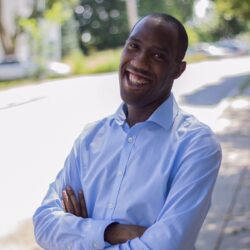People
Our team is here to help. We come together for a common educational purpose: to help our diverse community of students thrive intellectually, physically, spiritually, and personally.
Results
Rabbi Menachem Altein
I Can Help With Chabad at MIT, Jewish life, culture, wisdom and practice
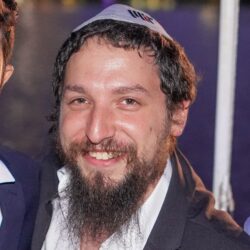
Brian Aull
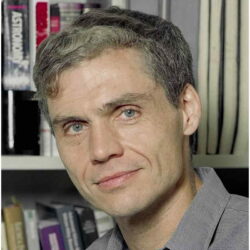
Dr. Nathan Barczi
I Can Help With Octet Collaborative; Christian community; Christian theology; integration of faith and academic life; ethical questions in science and technology
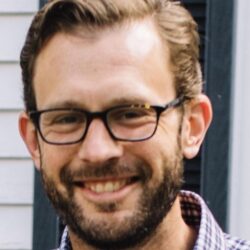
Loni Butera
I Can Help With Tech Catholic Community Staff support
Nicholas Collura
I Can Help With Questions about spirituality or cultivating an inner life; ethical reflection; turning your ethical interests into an on-campus event.
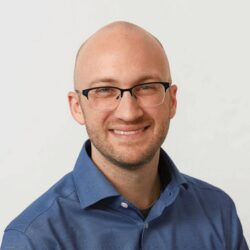
Sadananda Dasa
I Can Help With MIT Origins Club;Conflict resolution; Spiritual insights on relationships; Coping with academic & emotional stress; Mindfulness & meditation for focus
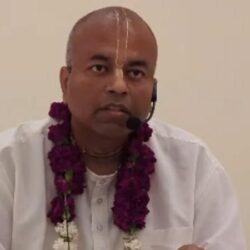
Rev. Michael Dean
I Can Help With Baptist Student Fellowship; Christian theology/apologetics; Interfaith/intercultural comms; International students; Biblical counseling; Boston sports
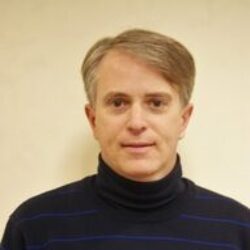
Rabbi Joel Dinin
I Can Help With MIT Hillel
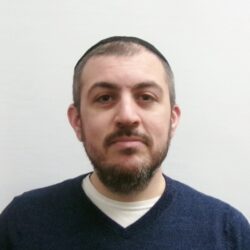
Sister Nada El-Alami
I Can Help With ORSEL Staff; Muslim perspective on different topics; Intro to Islam; Islamophobia sessions; Muslim experience on campus
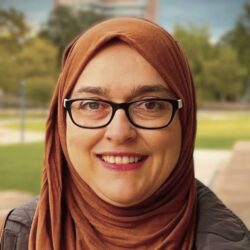
Christina English
I Can Help With ORSEL Staff; General inquiries; Finance and Administration; Connecting with a Chaplain
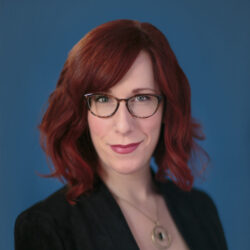
Greg Epstein
I Can Help With Humanist Chaplaincy
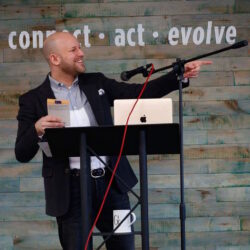
Rabbi Michelle Fisher
I Can Help With MIT Hillel; Kosher food questions; Jewish holiday accommodations; UG kosher suites; Shabbat; Jewish learning; Jewish identity; Jewish practice
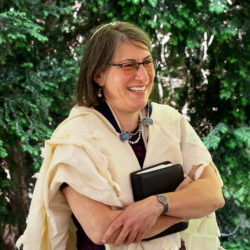
Rev. Kevin Ford
I Can Help With InterVarsity Christian Fellowship; Graduate Students, Postdocs, and Faculty
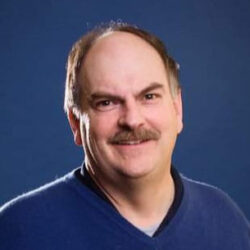
Pastor Andrew Heisen
I Can Help With Lutheran-Episcopal Ministry; Christian community; spiritual questions; life questions; weddings; LGBTQIA+ friendly
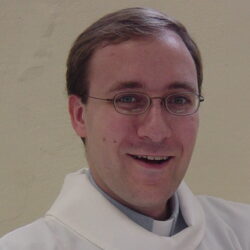
Rev. Natalie Hill
I Can Help With Spirituality; feeling whole; relationships; emotional wellness; meaning and purpose; identity
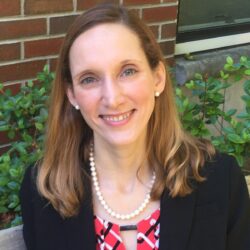
Greg Hsu
I Can Help With Graduate Christian Fellowship
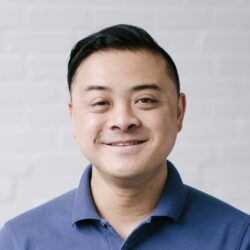
Thea Keith-Lucas
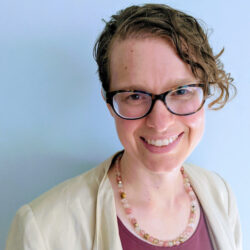
Rev. Solomon Kim
I Can Help With Reformed University Fellowship; Prayer; Scripture; Christian Theology; Faith & Deconstruction; Spiritual Discernment; the Church & Christian Community
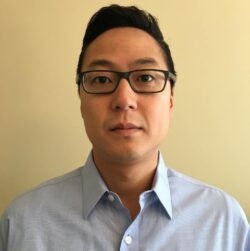
Linda Krause
I Can Help With Buddhist Students Club, weekly guided meditations in the MIT Chapel, religious accommodations, individual spiritual guidance (in-person or virtual mee
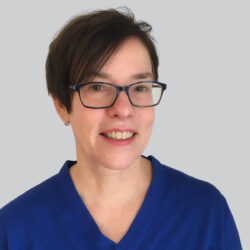
Nina Lytton
I Can Help With Growth and change, both intrapersonally and in relationship; humanist and interfaith wedding ceremonies; baby welcoming; memorials of life
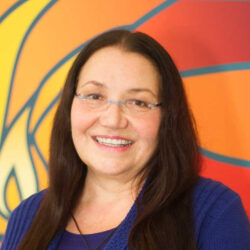
Fr. Michael Medas
I Can Help With TCC; Leading Mass & Sacraments; welcoming faith seekers; helping you see God’s love; exploring 2000+ years of Catholic faith & its support of science
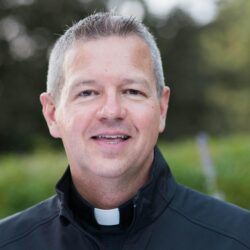
Daryush Mehta
I Can Help With Interfaith; Student Support; Mentorship
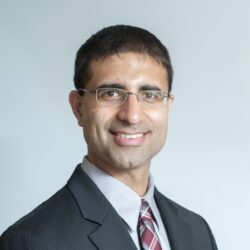
Hossein Mosallaei
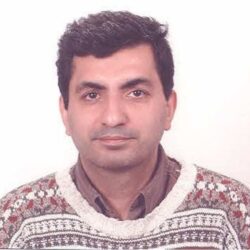
The Venerable Tenzin Priyadarshi
I Can Help With Dalai Lama Center programs and resources, Buddhist ethical teachings, individual spiritual guidance (virtual meetings)
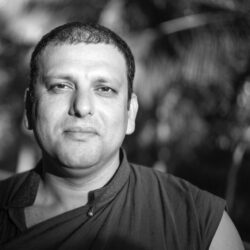
Darrin Simpson
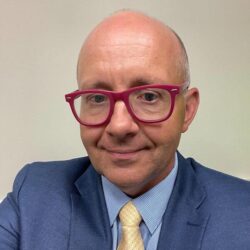
Anthony Spina
I Can Help With InterVarsity Christian Fellowship; Undergraduates
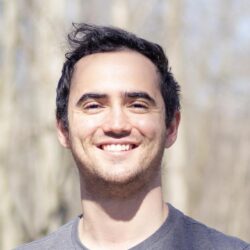
Chris Swanson
I Can Help With Cru
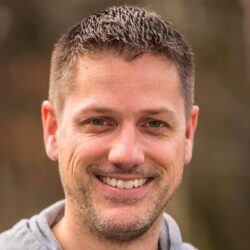
Swami Tyagananda
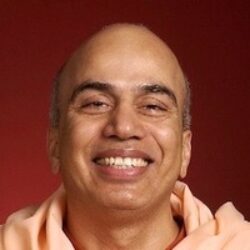
Pastor David Um
I Can Help With Asian Baptist Student Koinonia; Christian Biblical studies: theology, ecclesiology, apologetics, and discipleship
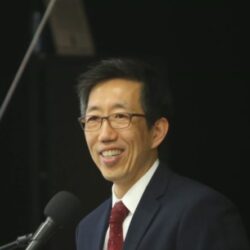
Rev. Kevin Vetiac
I Can Help With Lutheran-Episcopal Ministry
